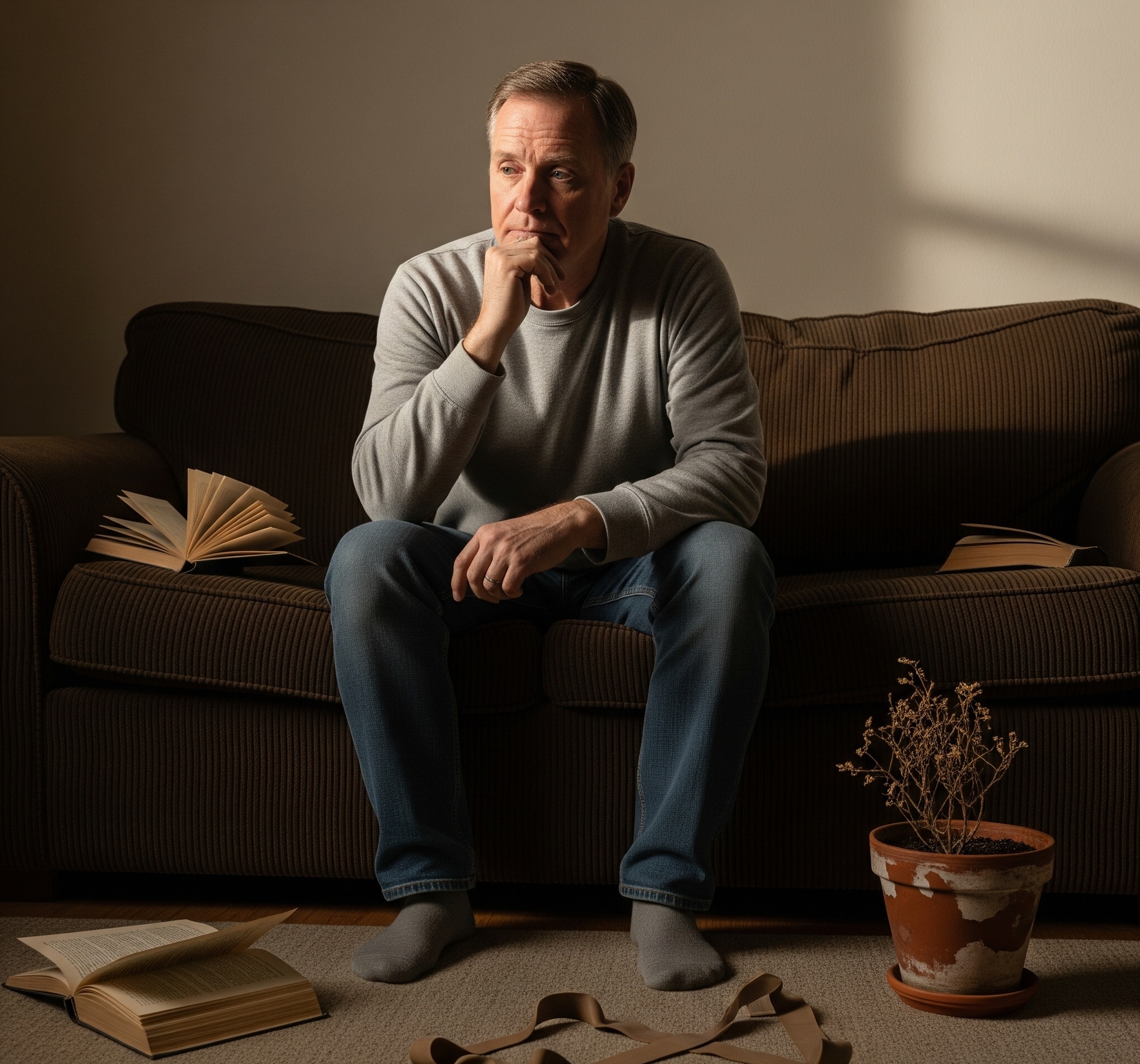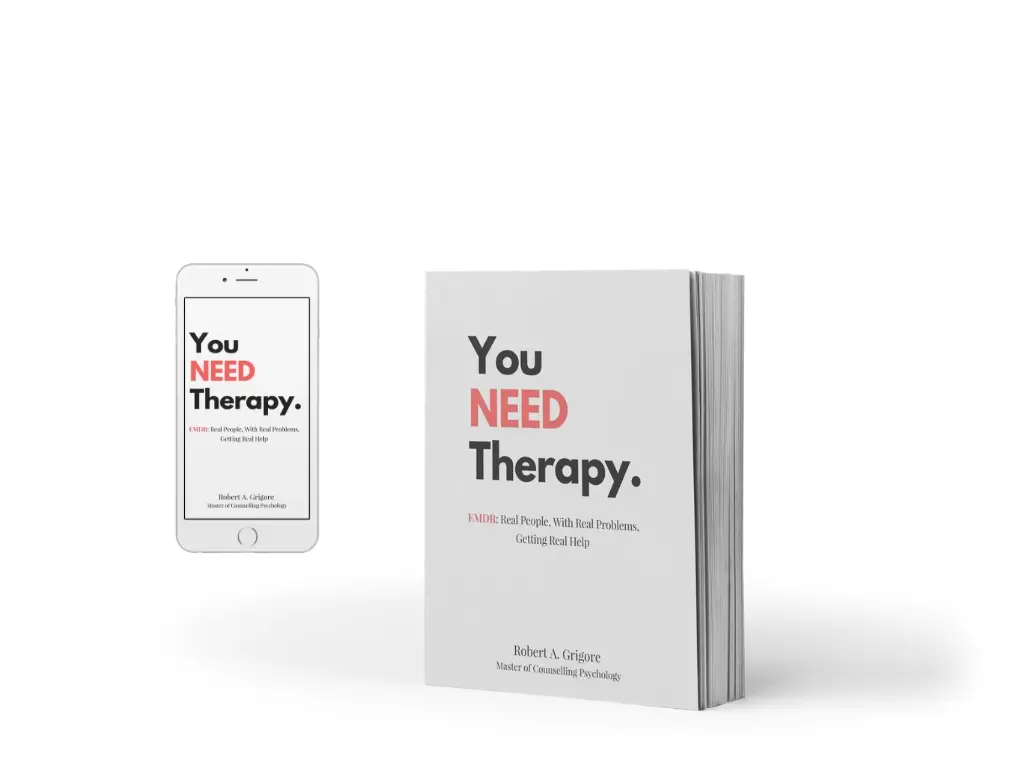You know you should take care of yourself. But every time you try, you stall. You scroll instead of shower. You cancel the walk you planned. You promise to rest, but end up working late, again.
This isn’t laziness. It’s not a lack of discipline.
It’s something deeper.
From a therapist’s lens, when self-care feels hard, it’s often because your nervous system is already working overtime just to keep you afloat.
The Myth of Effortless Self-Care
Self-care is marketed like a spa day or a face mask. But real self-care can be messy, emotional, and exhausting.
It means saying no. Resting when you feel guilty. Eating when you’d rather ignore your hunger. Setting boundaries that others won’t like.
For trauma survivors or those with chronic stress, even identifying your needs can feel foreign. That’s where therapy helps. Grigore Counselling works with people who feel blocked from the very things that are supposed to help.
And that doesn’t mean you’re broken. It means you need support, not more pressure.
Why Is Self-Care So Hard?
Here’s what we often see in our clients:
Nervous system dysregulation
When you’re constantly in fight, flight, or freeze, your brain doesn’t prioritize reflection or rest. Your survival system says, “There’s no time for a bath. We need to stay alert.”
Shame cycles
Many people think they have to earn self-care. If they haven’t achieved enough, they deny themselves rest. That turns care into a reward instead of a right.
Attachment wounds
If no one consistently cared for you growing up, it may feel unsafe or unfamiliar to care for yourself now. DBT, IFS, and trauma-informed therapy can help rewire these patterns.
Emotional avoidance
For some, slowing down brings up discomfort. When you’re alone and quiet, the feelings you’ve been avoiding come up. So you keep busy. Or distracted. Or numb.
Therapy Helps You Redefine Self-Care
Real self-care isn’t just what feels good, it’s what helps you heal.
We often tell our clients this:
- Self-care is eating before you’re starving.
- It’s leaving the party when you’re overstimulated.
- It’s going to therapy when you’re tired of pretending you’re fine.
Therapies like CBT, DBT, and EMDR help clients identify the internal blocks that make care feel hard. We don’t just give you a list of what to do, we help you understand why it feels impossible in the first place.
When You’ve Tried Everything and Still Feel Stuck
If you’ve bought the journals, downloaded the apps, and signed up for yoga, but nothing sticks, it’s not because you’re hopeless. It’s because behavior change without emotional healing doesn’t last.
We’ve worked with clients across BC, the Yukon, and even remote areas like Yellowknife. They all have one thing in common: they thought they should be able to figure it out alone.
But care isn’t supposed to be a solo act.
Therapy helps you learn how to listen to your needs, soothe your stress, and reconnect with your body. Slowly. Safely. Sustainably.
Gentle First Steps
We don’t push our clients into bubble baths and gratitude journals. We begin with the nervous system.
Try this:
- Place one hand on your chest. One on your belly.
- Take a slow, 4-second inhale.
- Hold for 2 seconds.
- Exhale for 6.
- Do it again. Just twice.
That’s self-care. Right there. No products. No pressure. Just presence.
And if it still feels too hard, that’s okay. That’s your sign, not of failure, but of overwhelm. And that’s exactly what therapy can help with. Reach out to us if you want to talk to someone who gets it.
FAQ: When Self-Care Feels Hard
Why do I feel guilty taking care of myself?
Guilt is common when you’ve been conditioned to prioritize others or tie your worth to productivity. Therapy helps untangle those beliefs.
Can therapy help me stick to a self-care routine?
Yes. We work on what’s under the resistance, like trauma, shame, or nervous system burnout, so that routines become natural, not forced.
Is it normal to feel worse when I try to rest?
Yes. Rest can bring up stored emotions. If your system is used to being in overdrive, slowing down can feel unsafe at first. You’re not alone.











